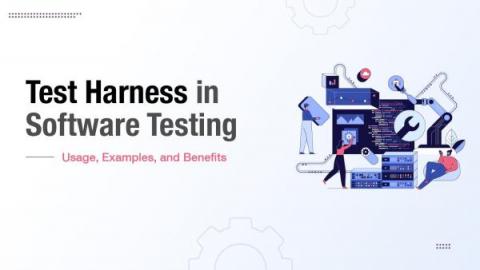Negative testing: How to Automate With Testsigma?
Software testing has many types of testing – Functional, unit, integration, system, smoke, regression, and sanity testing. Despite their differences, they all fall under Positive or Negative Testing. This blog post will explain how to implement negative testing in test automation tools. It provides an overview of negative testing with examples of common negative test scenarios.











